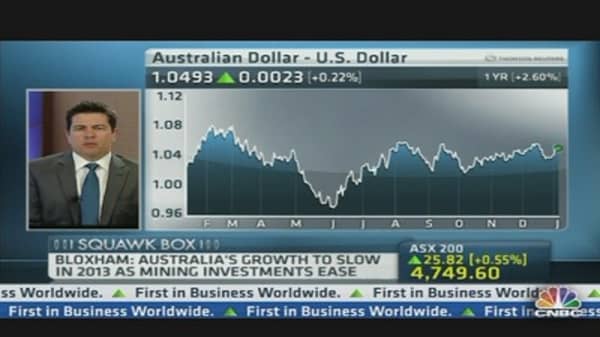Fast Retailing jumped 2.7 percent after sales at its Uniqlo clothing chain rose 4.5 percent in December from a year earlier due to solid sales of winter clothing.
Utility stocks tumbled, becoming the worst sectoral performer after Nomura Securities cut its ratings on some power utility companies. Kansai Electric Power tumbled 4.1 percent while Kyushu Electric Power fell 2.9 percent.
South Korean shares closed nearly flat in a choppy, mixed session as investors took sector-driven bets before the onset of the fourth-quarter corporate earnings reports season.
The Korea Composite Stock Price Index (KOSPI) closed flat at 2,011.2 points.
Tech shares pared earlier losses but still closed down, with market heavyweight Samsung Electronics falling 0.3 percent ahead of its fourth earnings estimate to be announced on early Tuesday.
Energy & chemical shares lost ground, after increased energy use from unusually cold local weather. South Korea's largest oil refiner SK Innovation dipped 1.9 percent.
But auto shares rose after falling 6.5 percent during the previous week as the weakening yen was expected to benefit Japanese competitors, with Hyundai Motor climbing 1.2 percent.
Hong Kong shares held their ground in brisk trading to end just below a 19-month high set last week, with strength in Chinese property and resources sectors outweighing weakness in defensive counters such as China Mobile.
The Hang Seng Index closed flat at 23,329.8, near the 19-month high set last Thursday. The China Enterprises Index ended up 0.3 percent at 11,973.1. Both were also near their most overbought levels since late 2010.
Chinese property counters extended their strong start to the new year, with some of the higher beta names seeing bigger percentage gains on the day after Shimao Property became the latest to tap the debt market.
Chinese railway counters and other mass transportation counters rose after the State Council pledged to boost the development of environmentally friendly urban transport systems. China Railway Group rose 2.8 percent.





